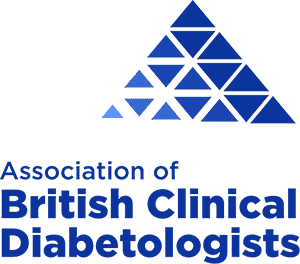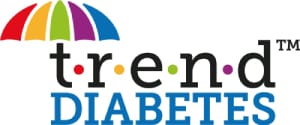HIGHLY COMMENDED
BERTIEonline. An Online Platform of Structured Education for Type 1 Diabetes
by Royal Bournemouth Hospital
The Bournemouth structured education programme (BERTIE) has been running for over 10 years and has proven outcomes in terms of reduction in HbA1c and improvement in diabetes distress scores and reduction in hypoglycaemia. In order to increase access to structured education across the UK an online version of BERTIE was introduced in 2006. Over the past nine years we have had over 36,000 users and demonstrated accessibility, acceptability and positive outcomes.
Judges comment:
“This initiative was entered last year and the judges were delighted to see the development from 2016. They felt that it is a brave thing to do, given how online education can sometimes be controversial, and the initiative was innovative and effective. Many of the judges said they would be happy to recommend it to their patients and praised the fact that content had been modified due to user feedback. The judges thought the website was brilliant. They look forward to seeing it develop further.”
FINALIST
Making the Diabetic Foot Service More Effective with an Innovative Digital Solution
by Derby Teaching Hospitals NHS FT
This technology-enabled model of care was developed for the more cost-effective management of patients with active diabetes foot ulcers (DFUs). It deploys a digital imaging, 3D measurement and data management system and has been adopted in South Derbyshire, straddling acute and community services. The impact of the new model is under continuous evaluation, however interim results at six months demonstrated advantages in areas such as objective DFU assessment, DFU outcomes monitoring and improved access to services.
Judges comment:
“This innovative service offers a much better patient experience and patient care with a seamless fact-based management protocol for a very important chronic, debilitating complication.”
To register your interest in QiC Diabetes 2018, please contact Amy Watson at awatson@pmlive.com














